2073
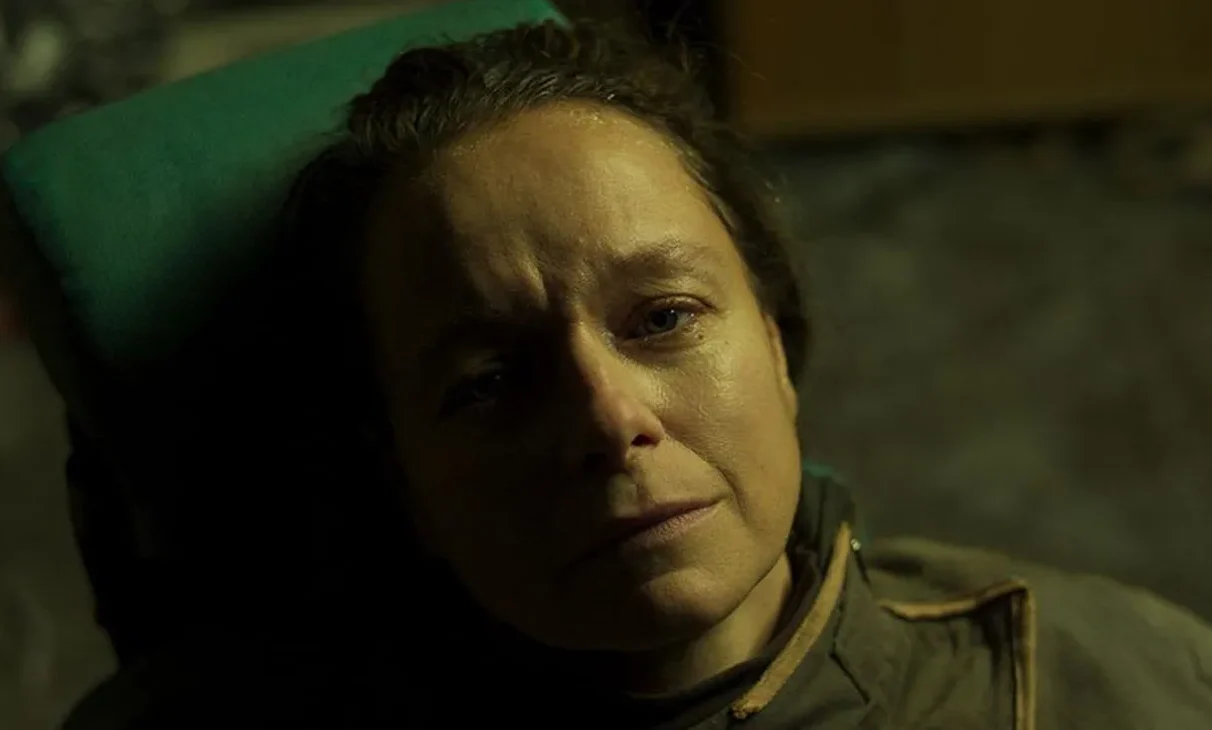
Asif Kapadia’s new docufiction 2073 aims to lull us into a false sense of security at its start. The inhospitable dystopia in which Samantha Morton’s grizzled narrator flees an authoritarian state seems all too familiar from countless speculative fictions we’ve grown accustomed to seeing onscreen. The faceless robot interrogators, hard-boiled noir voiceover (“You can’t trust anyone anymore”) and bombed-out craters in place of cities are all present and accounted for. In the face of all these clichés, it’s not so much the reflection of our present moment we’re likely to see as the reflection of movies that have already been made, but there is intent behind this. The recollections of Morton’s character soon spirit us back to the present moment for the purpose of one clear message: much of the worst is already happening, and the protective barrier of science fiction grows ever thinner.
As a blunt force catalogue of despair, 2073 is undeniably affecting, because how could it not be? It’s harrowing to hear the testimonials of investigative journalists such as Maria Ressa and Rana Ayyub recounting the ceaseless death threats and shows of force that have greeted their attempts to criticise authoritarian rule. Frequently, we are faced with a dizzying succession of the most upsetting images the daily news has to offer: dead animals in a heap, dead children, the tear-streaked faces of forcibly detained civilians, police brutality, forest fires, deepfakes, Nigel Farage’s beaming mug. There is little doubt that audiences will exit with brows appropriately furrowed and gazes downcast, but further reflection may lead to questions of just how much new information has really been imparted.
In one moment, Morton’s mystery woman wonders whether the world may in fact have turned out differently had she taken a stand, and a chorus of other, non-fictional voices reflect her sentiments. It is the responsibility of the people who care, we are told, to stand up to those in power who care only about themselves. Noble, no doubt, but it leaves one tempted to ask: “How?” The preceding 80 minutes have repeatedly belaboured the fact that those with the resources, influence and power to effect substantive change are, instead, effectively hastening the destruction of the planet so they may hover above the ruins unfettered. In light of this, what exact difference ought the rest of us to be enacting? It is certainly no more Kapadia’s responsibility to offer a definitive answer than it is anyone else’s, but having dutifully mapped out almost everything so terribly wrong with the world today, the best his film can do is muster a faint: “We best figure it out!”
In the end, it’s hard to imagine most anyone being inspired to greater action by 2073, in large part because the film – neither especially informative as a report nor galvanising as a narrative – seems largely resigned to the state of things anyway. In the end, its audience may join it to throw up their hands and declare: “Well, what can you do?” Future generations undoubtedly deserve a better response, but this oddly weightless polemic may not.
If there is a degree of proactive insight to be gleaned from all the mess, Kapadia has yet to make the film that finds it.
Thomas Messner
2073 is in UK cinemas on 1st January 2025.
Watch the trailer for 2073 here:

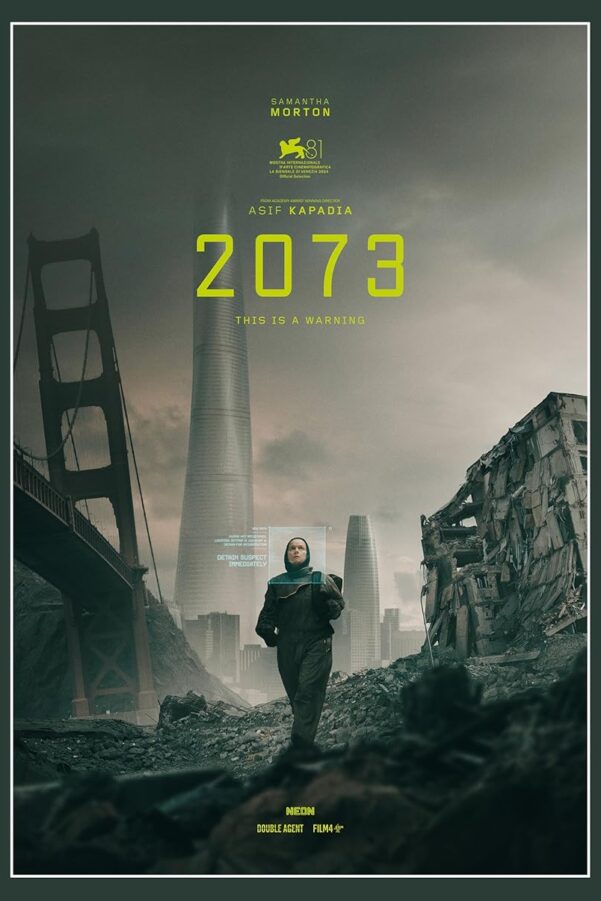



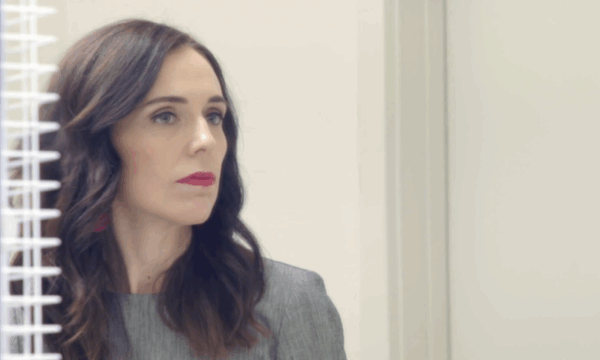
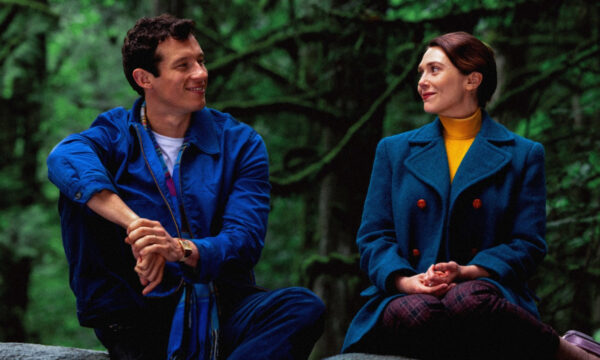

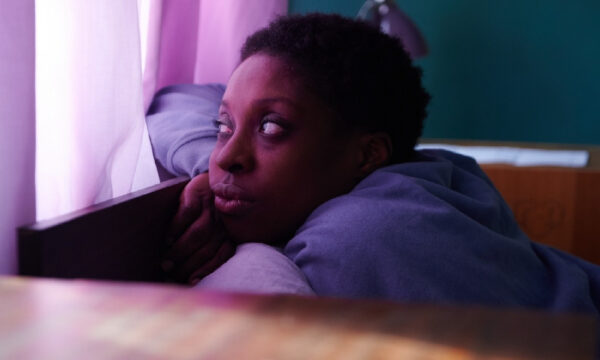

















Facebook
Twitter
Instagram
YouTube
RSS